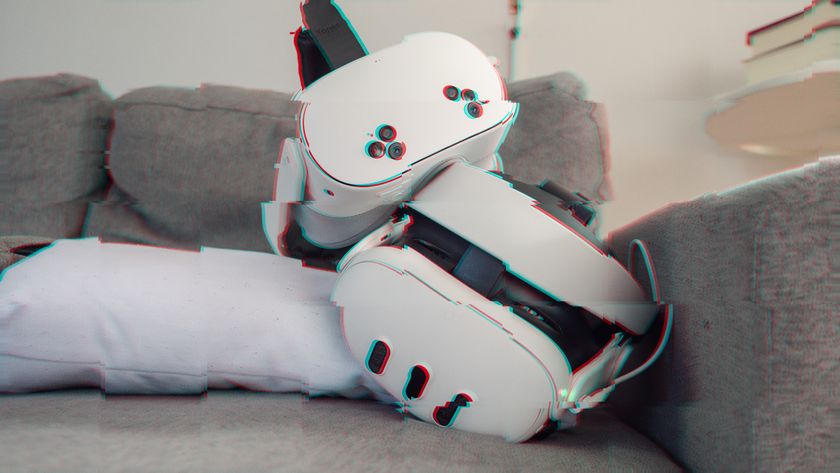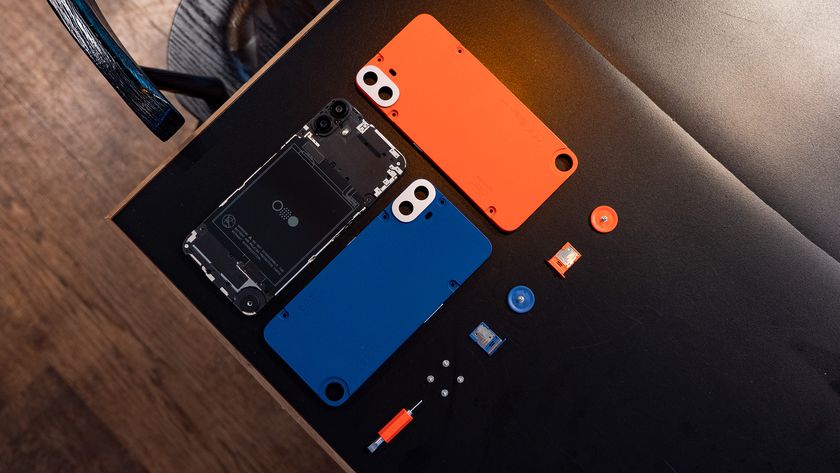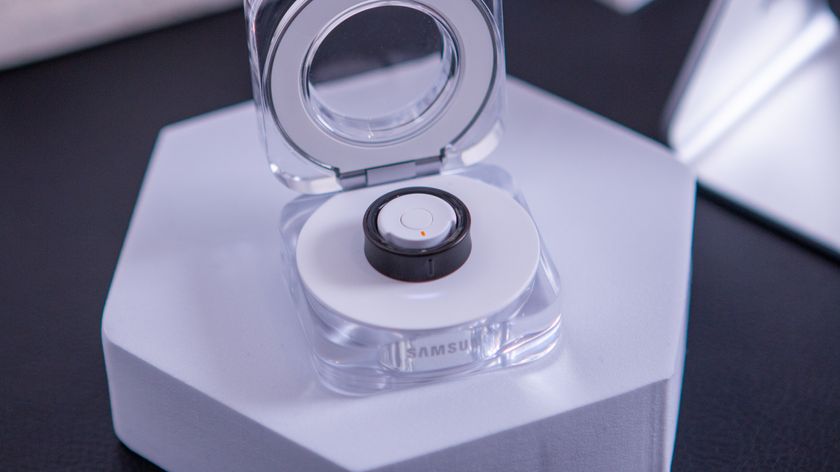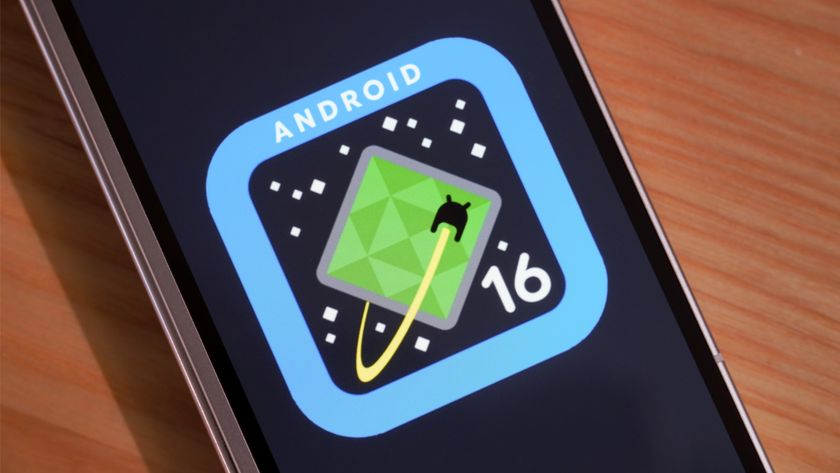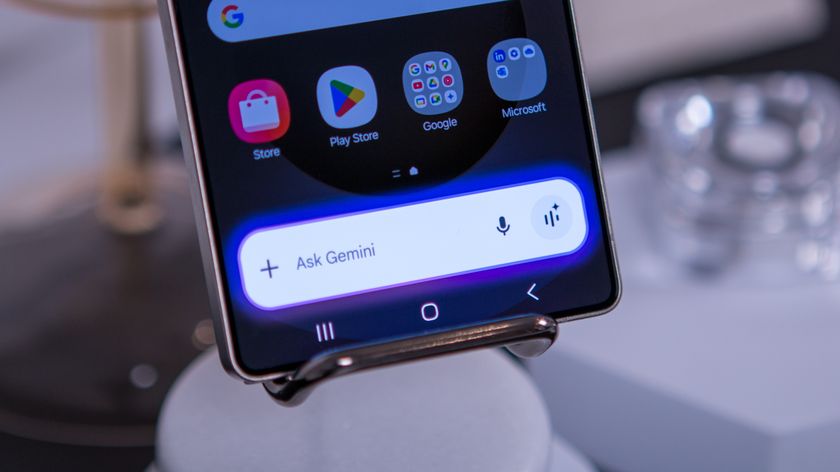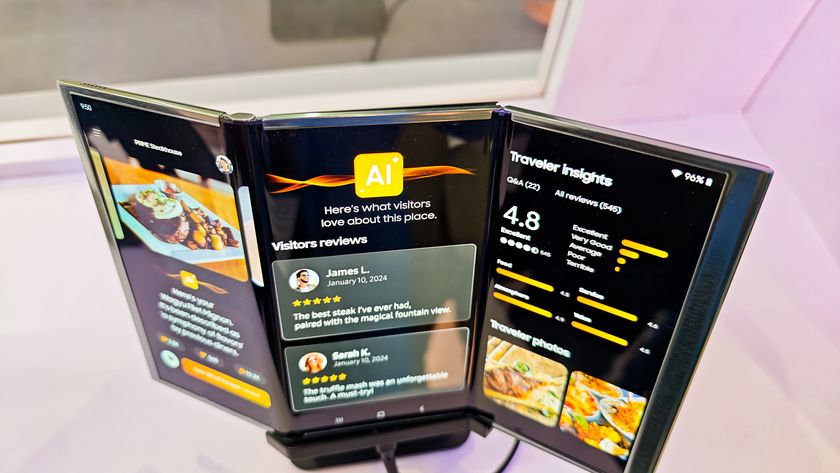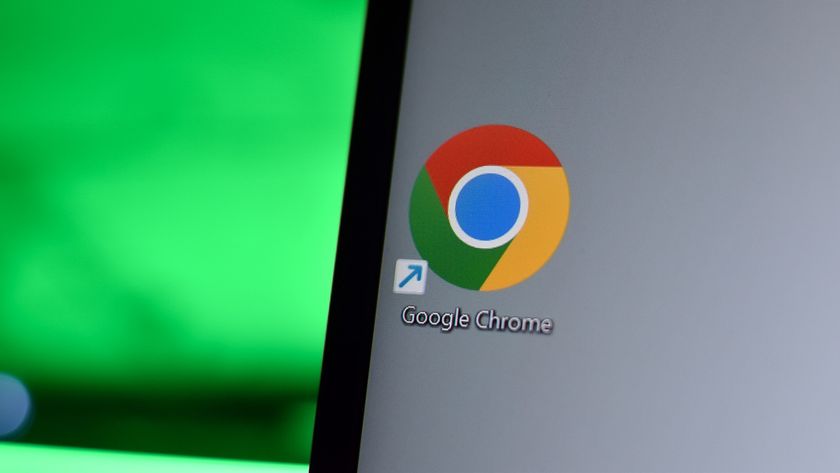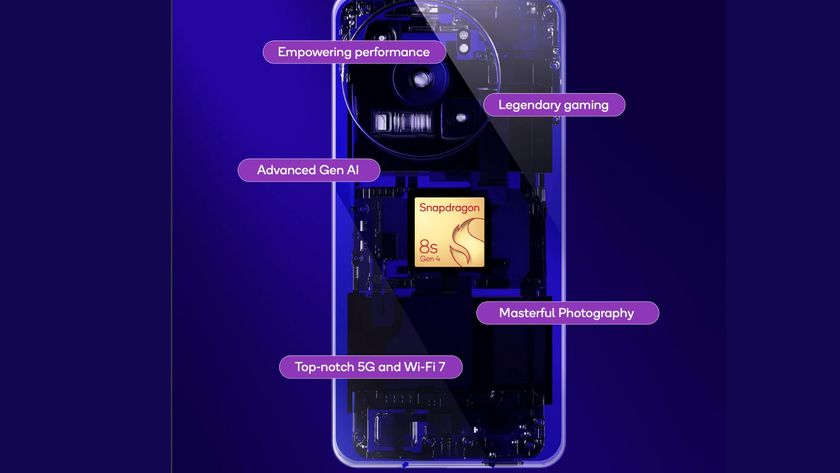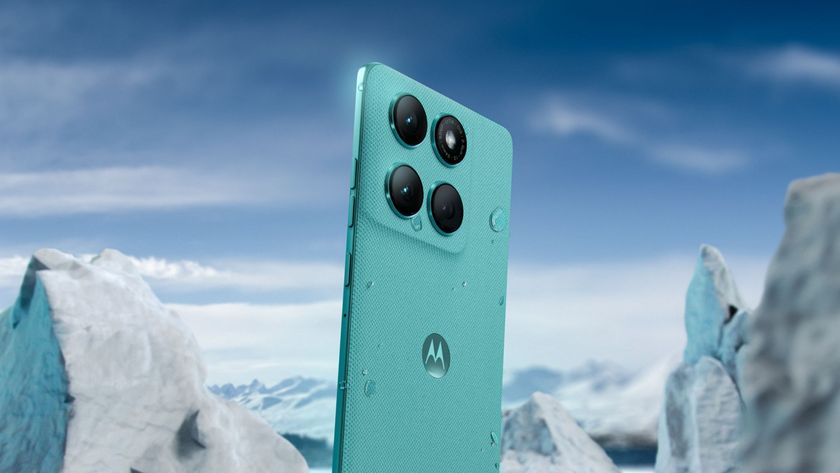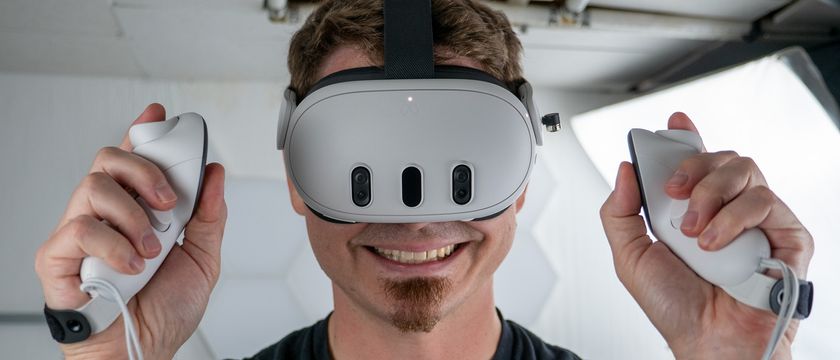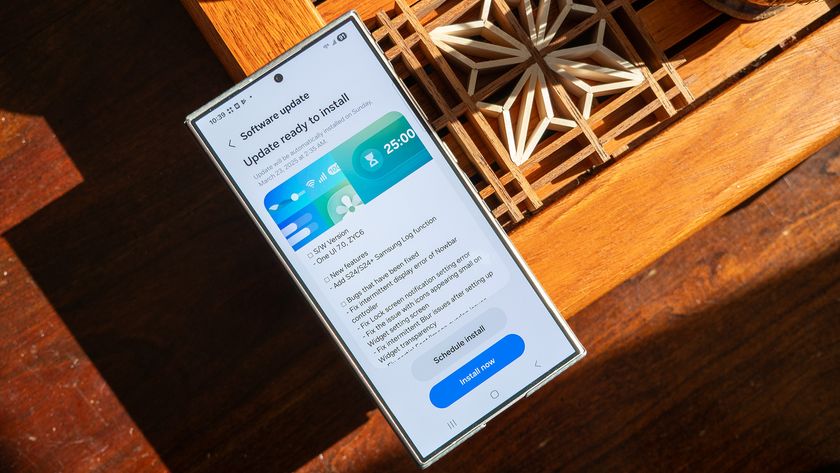Why I carry an iPhone and an Android phone
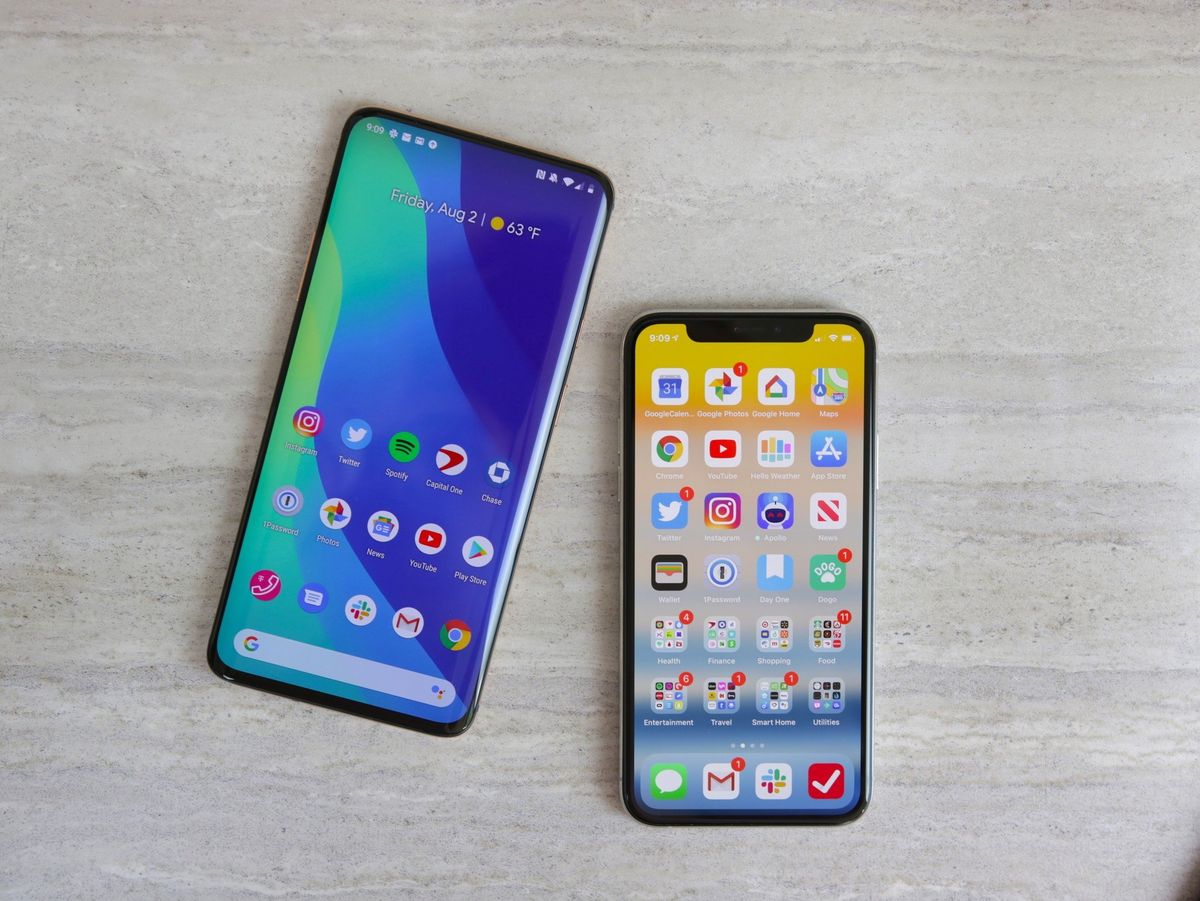
To no one's surprise at all, we have a thing for Android here at AC. It's the mobile operating system that all of us cling to as our personal preference, with reasons ranging from customization, phone variety, etc.
However, I have a confession to make. Since last September, I've been carrying an iPhone XS in addition to an Android phone. GASP.
I decided to pick up the XS last year to give iOS another chance, and I ended up liking the experience a lot more than I had anticipated. Almost a year in, I've come to appreciate particular strengths offered by both iOS and Android — resulting in me currently using an iPhone XS and OnePlus 7 Pro as my daily drivers.
There are some things iOS does quite a lot better than Android, but on the other hand, Android has advantages to it that I don't envision coming to iOS anytime soon.
Here's a little breakdown of some of the things that have stuck out to me the most.
What iOS does better
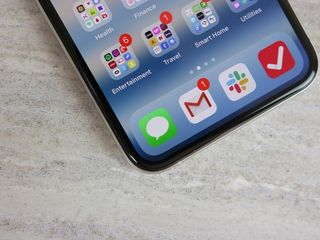
Let's get the controversial part of this article out of the way first and talk about the strengths of iOS.
A lot of my friends and family members use iMessage. As lame as this sounds, having an iPhone makes it so much easier to be in group chats with them, send pictures, etc. A lot of diehard WhatsApp and Telegram users give iMessage crap, and while I don't know if I'd consider it to be the best messaging platform out there, there's no denying its user base — especially in the United States. Furthermore, I like the idea of having one app on my phone for all of my messaging needs. The Messages app is the only way to use iMessage, but if I need to communicate with my Android-touting contacts, I can fire off an SMS just as quickly.
Be an expert in 5 minutes
Get the latest news from Android Central, your trusted companion in the world of Android
I don't see Apple ever creating an iMessage app for Android, but if you're like me and have an iPhone, we recently published a guide on how to get your iMessage conversations on an Android phone. The setup process takes some technical know-how and a lot of patience, but it does offer some freedom of being able to use whatever phone I want and still have access to all of my messages.
How to get iMessage on Android
Something else that sticks out to me about the iPhone is its superiority as a digital wallet.
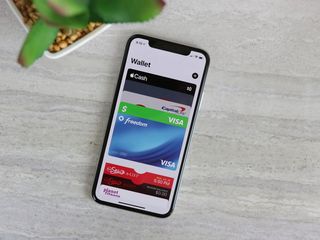
Google Pay is really good for paying with your card at stores that accept NFC, but beyond that, it's kind of useless. Apple Wallet excels at in-store payments while also having the best support in the industry for boarding passes, concert tickets, membership programs, etc.
That may not mean much of anything to some of you reading this, but for someone like me that wouldn't carry a physical wallet if it wasn't for my driver's license, having a well-designed and supported platform like Apple Wallet makes a world of difference.
Even in 2019, iOS still has a better app ecosystem compared to Android.
Lastly, the third big thing that's kept me using an iPhone is the quality of apps compared to their Android counterparts. This is something that'll vary on a case-by-case basis depending on what apps you use, but for me, a lot of the apps I use day-to-day are better on iOS in one way or another.
I use a dog training app that gives me a new lesson each day to go through with Damon (my boxer/pitbull mix who is a very good boy), but for some reason on Android, these daily lessons aren't there at all. I can go through individual tricks and exams, but the pre-made plans are nonexistent. The financial institution that has my savings account and investments has apps for Android and iOS with similar functionality between the two, but the iOS one has a much cleaner design and is easier to navigate. My wife and I use a budgeting app called Buddy. It's got budgeting tools we need with a gorgeous design, but it's only available on iOS with no plans from the developer to bring it over to Android.
Again, this ultimately comes down to the apps that you use, but even with just a handful that offers better experiences on iOS or doesn't have an Android version quite yet, it's a big draw for me to keep holding onto the XS.
What Android does better
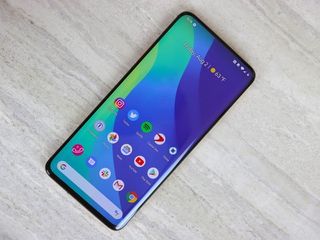
If you're still reading and haven't dived into the comments section quite yet to crucify me, let's now take a moment to give Android the praise it deserves. Because, as much as I like and appreciate iOS, there are some areas in which it can't hold a candle compared to Android.
Being able to change my wallpaper and move app icons around is fine, but as someone that used to be really into rooting and modding phones, the limitations iOS has in the customization department can make the experience quite stale at times.
I'm using the OnePlus 7 Pro as my Android phone at the moment, and with it, I've made the following tweaks:
- Changed the launcher to an alpha build of Lawnchair 2.0 to get that sweet Pixel-like interface
- Added the Google Feed to my leftmost home screen
- Created home screen gestures to easily access my Quick Settings and launcher settings
- Made the system accent colors match my current wallpaper
- Downloaded a custom icon pack and Adapticons to have a streamlined app icon shape for everything
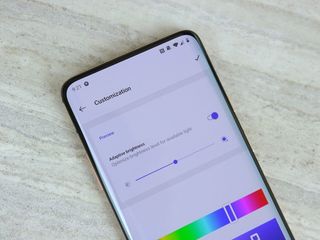
Taking time to make a phone that's really yours is a special thing. I don't go to the extent that Ara does with setting hours aside to create jaw-dropping custom themes, but the fact that so much flexibility is offered is incredible. This isn't anything new, but when using both operating systems side by side, you do come to appreciate how much Android offers in these regards.
The innovation that's on display with Android phones right now is unmatched.
Another obvious, but important, advantage Android has is its open-source nature. This does result in slower updates and missed security patches, but the innovation we're seeing with Android devices from some OEMs is incredible. From a hardware standpoint, the OnePlus 7 Pro trumps my iPhone XS. There isn't a notch and virtually no bezels, a 90Hz display, a pop-up selfie camera, an in-screen fingerprint sensor, and some of the best silicone on the market — all for hundreds of dollars less than the XS.
If you take a gander at what's being offered in other countries from the likes of Xiaomi, Oppo, and ASUS, things get even more exciting. The recently launched Redmi K20 Pro ships with nonexistent bezels, outstanding battery life, and one of the most striking designs I've ever seen. Its price in USD? A little over $400.
With iOS, there's pretty much only been two options — the new iPhone and a Plus model. Apple shook up that strategy slightly last year with the XS, XS Max, and XR, but at the end of the day, you're still limited to the phones Apple creates, and that's it. If you end up not liking the horrendous design of the upcoming iPhone 11, there isn't another iOS device you can turn to. You either buy the new iPhone or wait another year to upgrade.
Do you carry two phones?
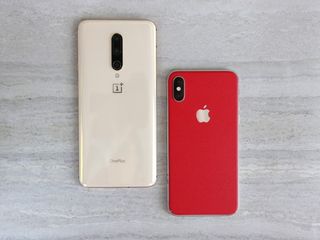
With all of that said, I'd now like to hear from you. Do you carry two phones? If so, which ones? Sound off in the comments below and let me know!
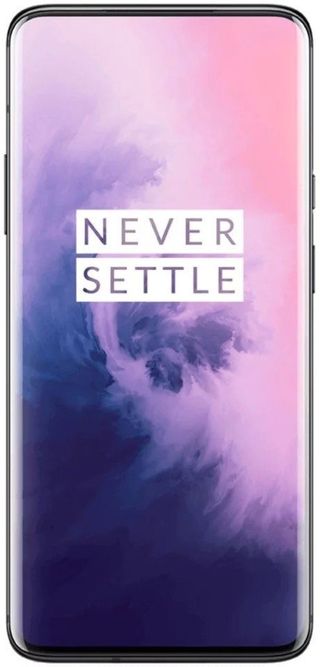
A powerful, beautiful, and affordable Android flagship.
The OnePlus 7 Pro is one of the best Android devices you can buy in 2019. It has a fantastic design, one of the best displays I've ever seen, and insanely fast performance. For well under $700, it's a tremendous value.
Joe Maring was a Senior Editor for Android Central between 2017 and 2021. You can reach him on Twitter at @JoeMaring1.
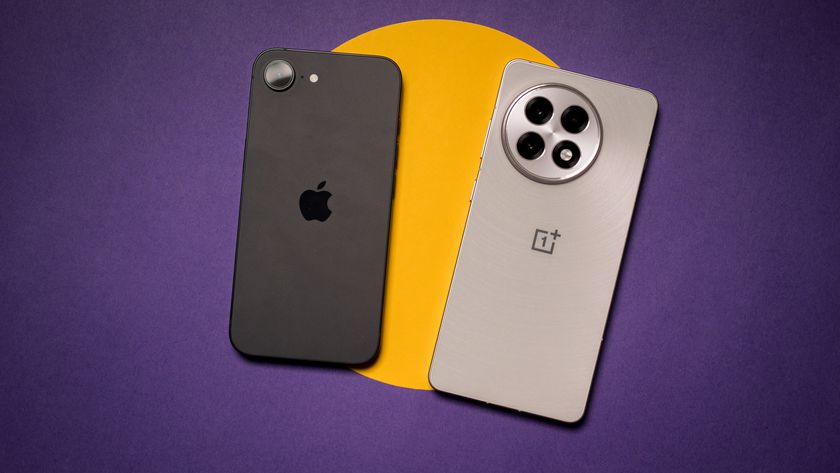
iPhone 16e vs. OnePlus 13R: Quantity versus quality
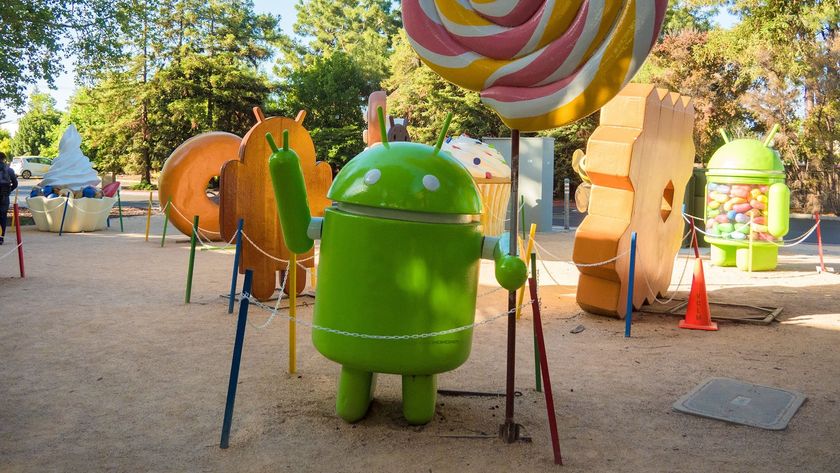
Ask Jerry: Why aren't smartphones getting better?


